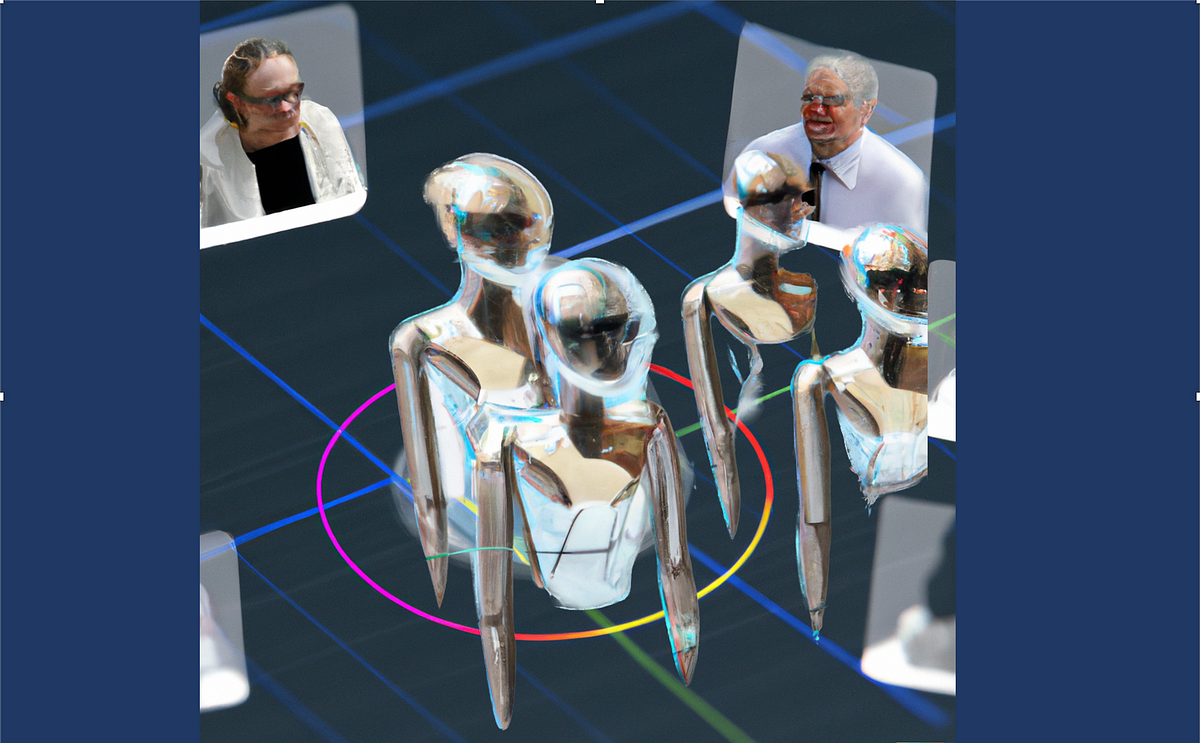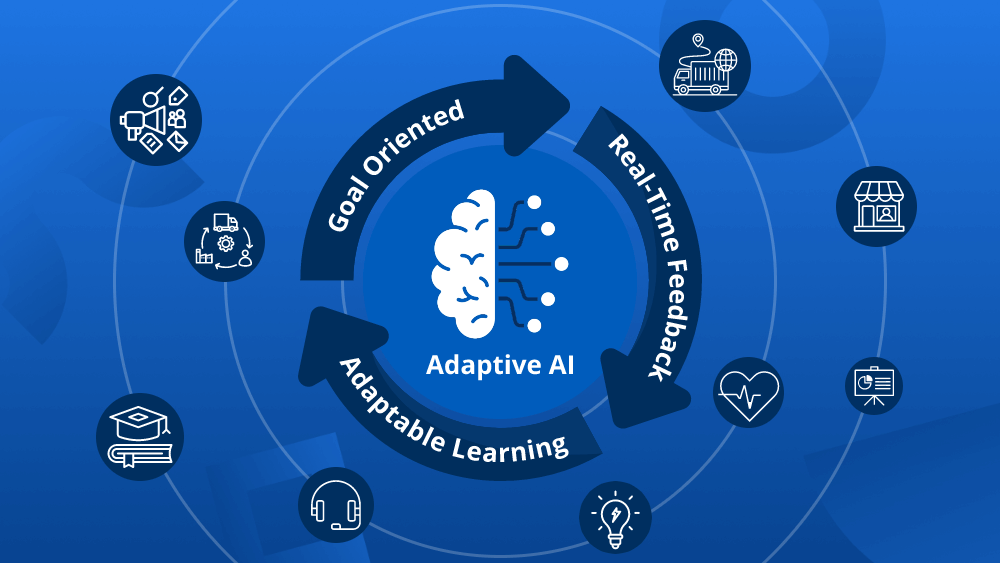The pursuit of fairness in Large Language Models (LLMs) is the primary concern addressed in recent research that recognizes the distinctive qualities associated with LLM deployment. At the core of the matter lies the imperative task of guaranteeing impartiality in providing services to every client while accounting for fluctuating demand, work patterns, unpredictable circumstances, and stochastic scenarios.
Current Large Language Model (LLM) serving systems predominantly prioritize enhancing performance through techniques such as sophisticated batching, memory optimization, and GPU kernel enhancements. Nevertheless, the fundamental aspect of fairness among clients has frequently been overlooked in these systems. Addressing this disparity, a team of researchers from UC Berkeley, Stanford University, and Duke University has introduced a groundbreaking fair scheduler (VTC) specifically designed for LLM serving. This approach functions at the level of individual tokens, providing a more precise and adaptable solution in contrast to conventional fairness methods.
The proposed fair scheduler uses a dynamic definition of fairness that considers both performance and GPU resource consumption. The system is meant to adapt to various fairness standards, allowing service metrics to be customized based on characteristics such as input and output token counts. The research team demonstrates the scheduler’s effectiveness under various workloads through rigorous evaluations. Real-world scenarios validate the approach, including traces from a live LLM serving platform. The study emphasizes the scheduler’s ability to deal with a wide range of client behaviors, workload patterns, and distribution shifts while ensuring equitable resource allocation.
The ability of the scheduler to adjust to various fairness criteria is the fundamental source of its flexibility. The algorithm’s flexibility is demonstrated by its ability to update counters in response to different definitions of the service function. For example, the algorithm seamlessly modifies its counter updates if fairness is defined with a service measurement function represented as h(nin, not), where nin and not represent the number of processed input tokens and generated tokens, respectively. This flexibility covers a range of situations, such as when output tokens are thought to be more costly than input tokens.
The study includes evaluations comparing the proposed fair scheduler, VTC, with alternative scheduling methods. Baseline methods like First Come, First Serve (FCFS), Request per Minute (RPM), and Least Counter First (LCF) are used as benchmarks to emphasize the advantages of VTC. Synthetic and real-world workloads are utilized to assess various aspects of fairness, and the results consistently confirm the fairness capabilities introduced by VTC. Remarkably, the proposed scheduler excels when clients demonstrate diverse request rates, workloads, and distribution patterns, demonstrating its strength and versatility.
In conclusion, the fair scheduler developed by the research team is a breakthrough in tackling the complex issues of fairness in Large Language Model (LLM) serving. This method stands out due to its ability to allocate resources at the level of individual tokens, its flexibility in accommodating various fairness criteria, and its successful implementation and validation in real-life situations. As a result, it offers a viable and efficient solution for ensuring equitable distribution of resources among clients in LLM serving systems.
Check out the Paper and Github. All credit for this research goes to the researchers of this project. Also, don’t forget to follow us on Twitter. Join our 36k+ ML SubReddit, 41k+ Facebook Community, Discord Channel, and LinkedIn Group.
If you like our work, you will love our newsletter..
Madhur Garg is a consulting intern at MarktechPost. He is currently pursuing his B.Tech in Civil and Environmental Engineering from the Indian Institute of Technology (IIT), Patna. He shares a strong passion for Machine Learning and enjoys exploring the latest advancements in technologies and their practical applications. With a keen interest in artificial intelligence and its diverse applications, Madhur is determined to contribute to the field of Data Science and leverage its potential impact in various industries.


